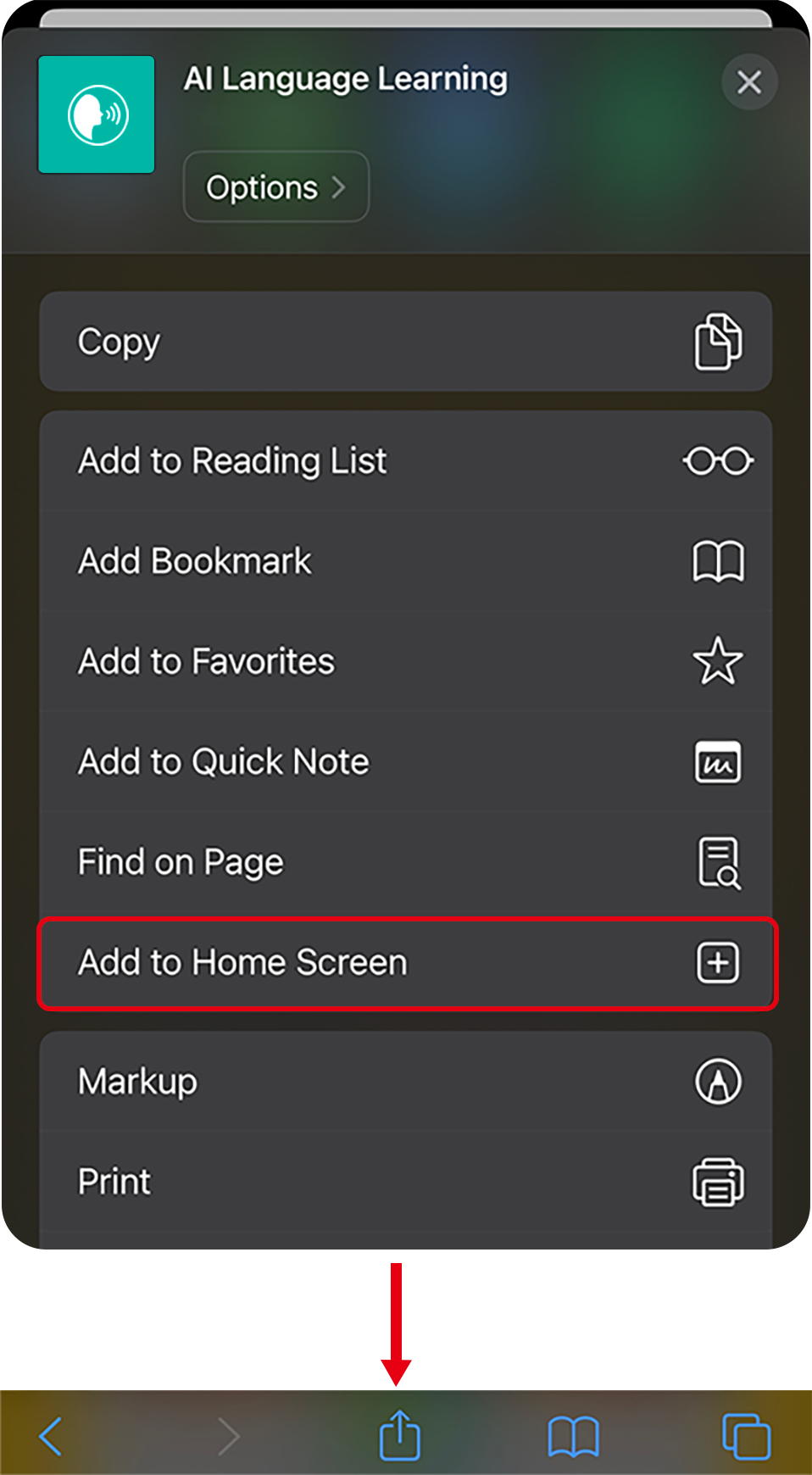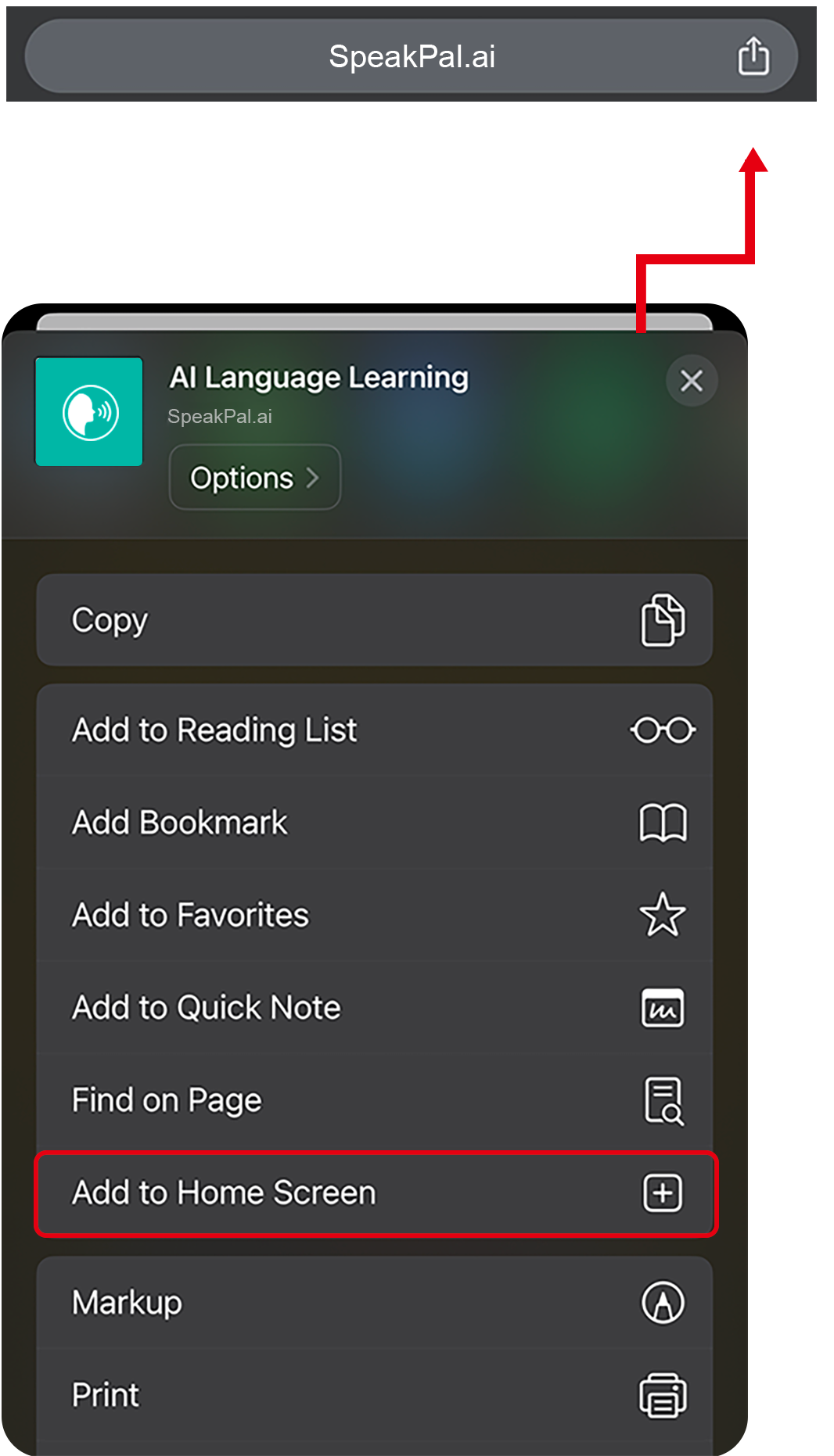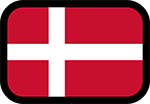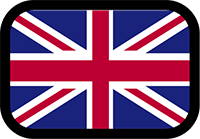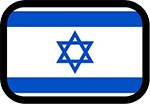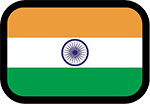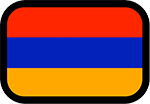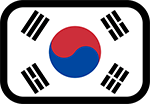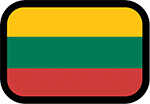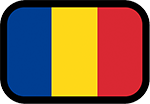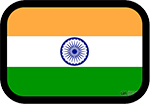Speak Dutch With AI
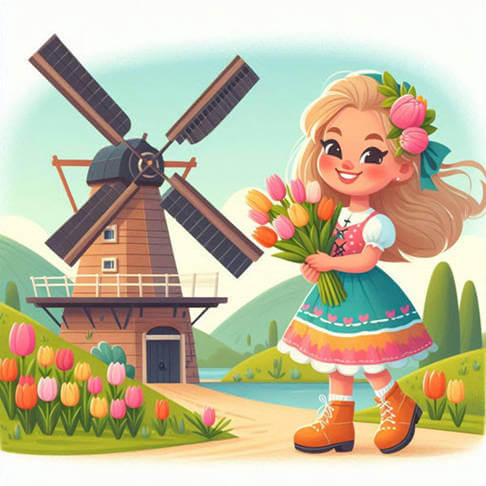
Dutch is consistently ranked as one of the top languages most frequently requested by employers. It's the official language of the Netherlands, Belgium, Suriname, and Caribbean islands. With nearly 23 million speakers worldwide, learning Dutch opens doors to culture, business, and communication. Platforms like SpeakPal—an AI language tutor—provide an effective way to embark on this linguistic journey.
AI Language Learning: Examples of Dutch Grammar
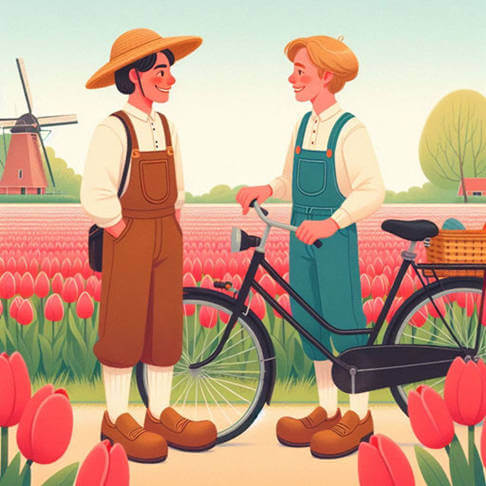
(Adjectives): groot, klein, mooi
1.“De groot hond loopt snel.” (The big dog runs fast.)
2.“Dit is een mooi boek.” (This is a beautiful book.)
(Adverbs): snel, zachtjes, goed
1.“Zij loopt snel.” (She runs quickly.)
2.“Hij spreekt zachtjes.” (He speaks softly.)
(Articles): de, het, een
1.“Hij heeft een boek.” (He has a book.)
2.“Dit is de stad waar ik vandaan kom.” (This is the city I come from.)
(Nouns): hond, stad, boek
1.“De hond is erg groot.” (The dog is very big.)
2.“Ik woon in een grote stad.” (I live in a big city.)
(Prepositions): op, onder, naast
1.“Het boek is op de tafel.” (The book is on the table.)
2.“De hond ligt onder de tafel.” (The dog is under the table.)
(Pronouns): hij, deze, enkele
1.“Hij is mijn vriend.” (He is my friend.)
2.“Ik wil enkele boeken.” (I want some books.)
(Sentence Structure): Ik eet, Zij loopt, Wij denken
1.“Ik eet een appel.” (I am eating an apple.)
2.“Wij denken aan jou.” (We are thinking of you.)
(Tense Comparison): loop, liep, zal lopen
1.“Hij loopt elke dag.” (He runs every day.)
2.“Hij zal lopen morgen.” (He will run tomorrow.)
(Tenses Indicative): werk, werkte, heb gewerkt
1.“Ik werk nu.” (I am working now.)
2.“Hij heeft gewerkt de hele dag.” (He has worked all day.)
(Tenses Subjunctive): moge, zou werken, had gelopen
1.“Hij moge winnen.” (May he win.)
2.“Ik had gelopen.” (I had run.)
(Verbs): lopen, zien, komen
1.“We moeten nu lopen.” (We should run now.)
2.“Kun je dat zien?” (Can you see that?)
Learn Dutch Tongue Twisters and Master Grammar
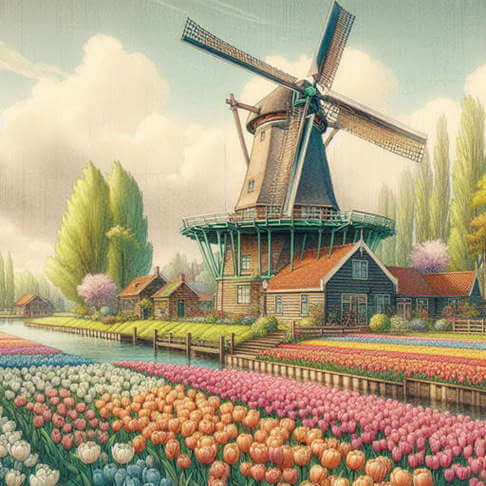
1.De kat krabt de krullen van de trap.
Translate: The cat scratches the curls off the stairs.
2.Achtentachtig prachtige grachten.
Translate: Eighty-eight beautiful canals.
3.De mooie meid meet met de meter.
Translate: The beautiful girl measures with the meter.
4.Koopt de koekkoek koek?
Translate: Does the cuckoo buy cake?
5.Kees kiest kieskeurig kaas.
Translate: Kees chooses cheese carefully.
6.De knappe kapper kapt knap, maar de knecht van de knappe kapper kapt knapper dan de knappe kapper kapt.
Translate: The handsome barber cuts well, but the assistant of the handsome barber cuts better than the handsome barber cuts.
7.Toen die tomme Tim ten tonele trad, trok de tol zich terug.
Translate: When dumb Tim took the stage, the top retreated.
8.Als apen apen na-apen, dan apen apen apen na.
Translate: If monkeys mimic monkeys, then monkeys mimic monkeys.
9.De zotte zanger zingt zijn zotte zang.
Translate: The crazy singer sings his crazy song.
10. Grote grijze gorilla’s grijpen graag groene glazen glazen.
Translate: Big grey gorillas like to grab green glass glasses.
11.Hij zag zeven scheve hazen.
Translate: He saw seven crooked hares.
12.Broodje roerei, roerei broodje.
Translate: Scrambled egg sandwich, sandwich scrambled egg.
13.Dubbele dekens dekten dubbel.
Translate: Double blankets covered double.
14.De mosselman met de meeste mossels most de meeste mossels managen.
Translate: The mussel man with the most mussels had to manage the most mussels.
15.Een feestneus feest niet zonder feestneus.
Translate: A party hat doesn't party without a party hat.
Học tiếng Hà Lan >
SpeakPal Trang chủ >
Thử Speak Pal >
1
Chạm vào
2
Nhấn Thêm vào Màn hình chính
